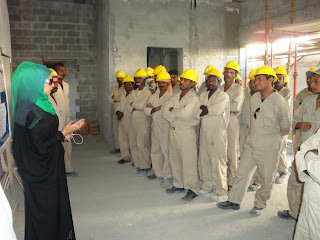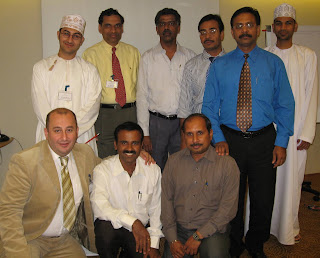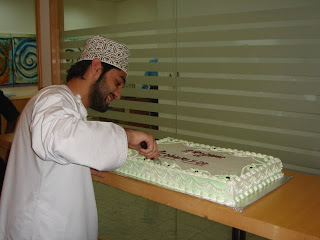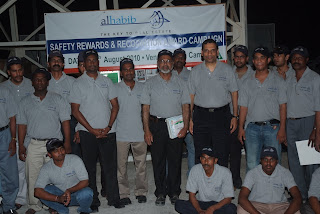Thursday, September 14, 2017
Transparency in real estate
Sunday, March 5, 2017
Real Estate Report
Sunday, September 11, 2011
Sunday, June 19, 2011
WORLD ENVIRONMENT DAY on 5th June

World Envirument Day(WED) is the second event that is celebrated all around the world .People from various countries are celebrating this differently each upon it's traditional and cultural way.
AL-Habib has celebrated the world Envirument Day on June 2011 to stimulates awareness of the envirument and encourages the attention and action which was participated by the company management.
Saturday, May 28, 2011
Saturday, April 9, 2011
Al Habib looking for talented Omanis
Monday, January 17, 2011
Qurum Star Project

The project will have a total built-up area of 8100 SQM, and consists of 54 Apartments that will be offered for rent:
- 48 2 Bedroom apartments
- 6 1 Bedroom apartmnts
Saturday, November 27, 2010
Friday, November 26, 2010
Beat Diabetes Walk on Friday 12.11.10





World Diabetes Day(WDD) is celebrated every year on November 14 to mark the birthday of Frederick Banting who, along with Charles Best, first conceived the idea which led to the discovery of insulin in 1922.
The world Diabetes day campaign is led by the International Diabetes Federation (IDF) and its member associations. It engages millions of people worldwide in diabetes advocacy and awareness .The campaign draws attention to issues of paramount importance to the diabetes world and keeps diabetes firmly in the public spotlight .This year sees the second of a five year campaign that will address the growing need for diabetes education and prevention programmers.
Alhabib’s chairman and some staffs participate the diabetes day walk

















































